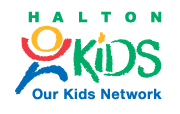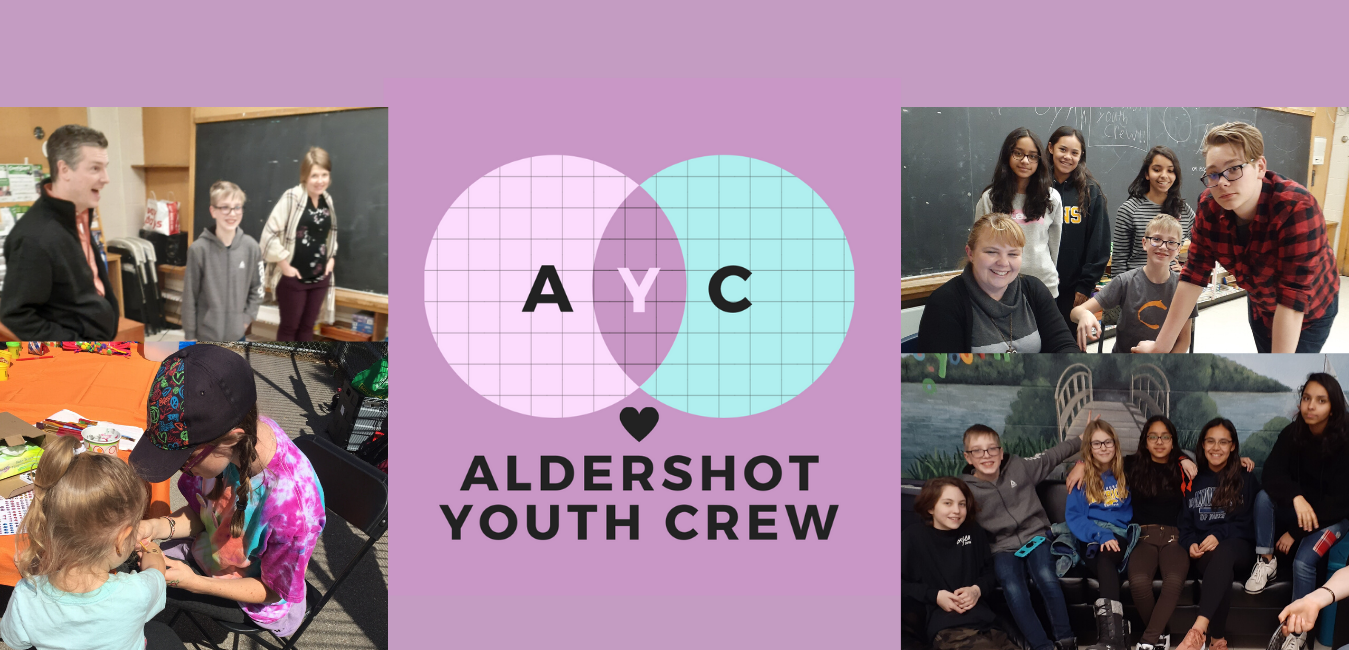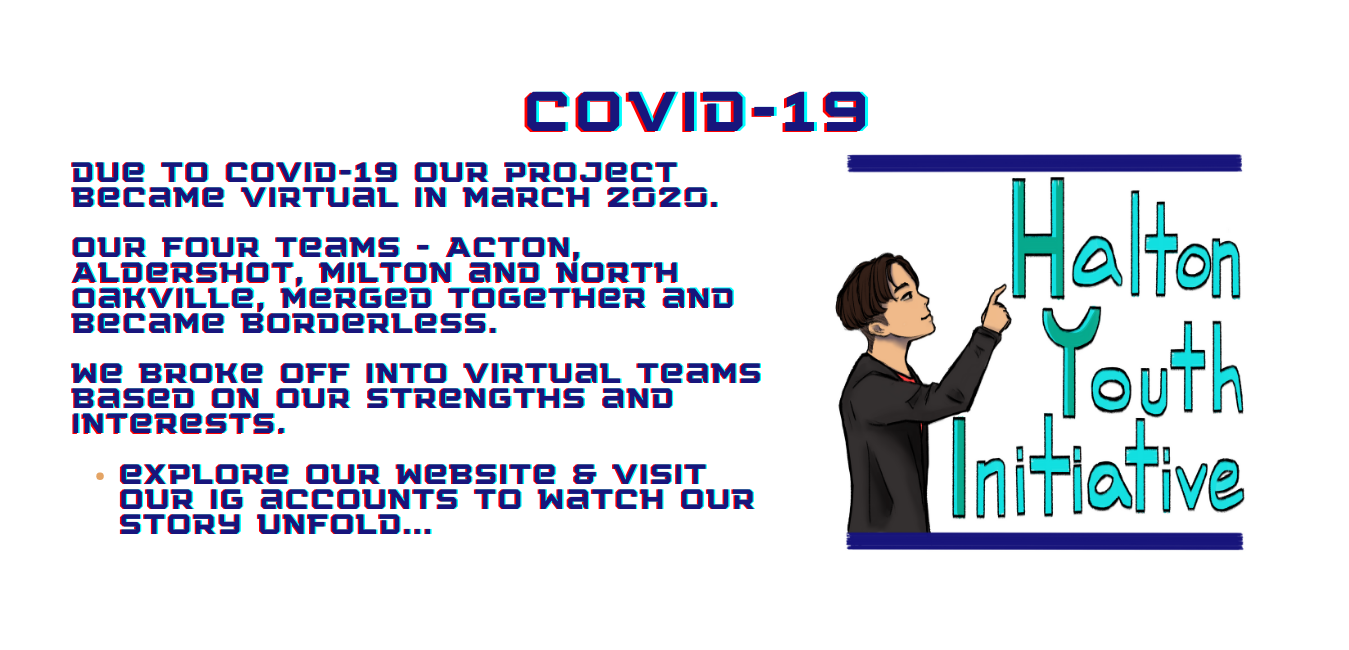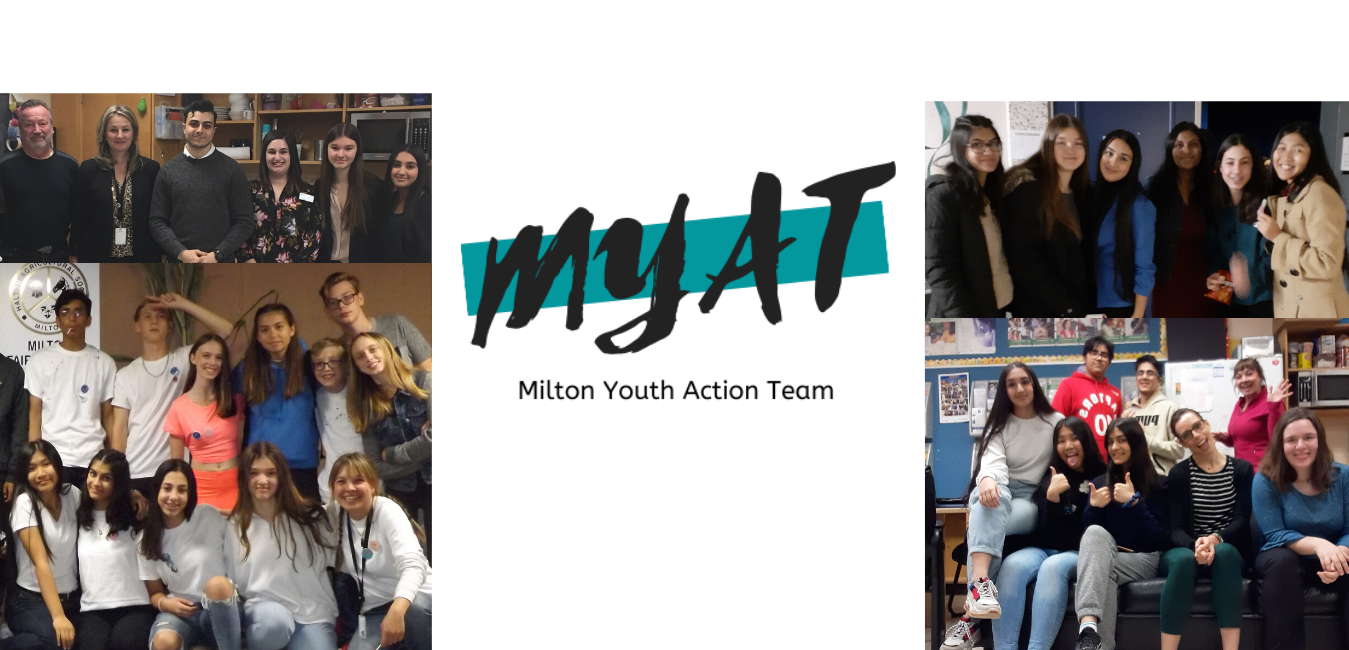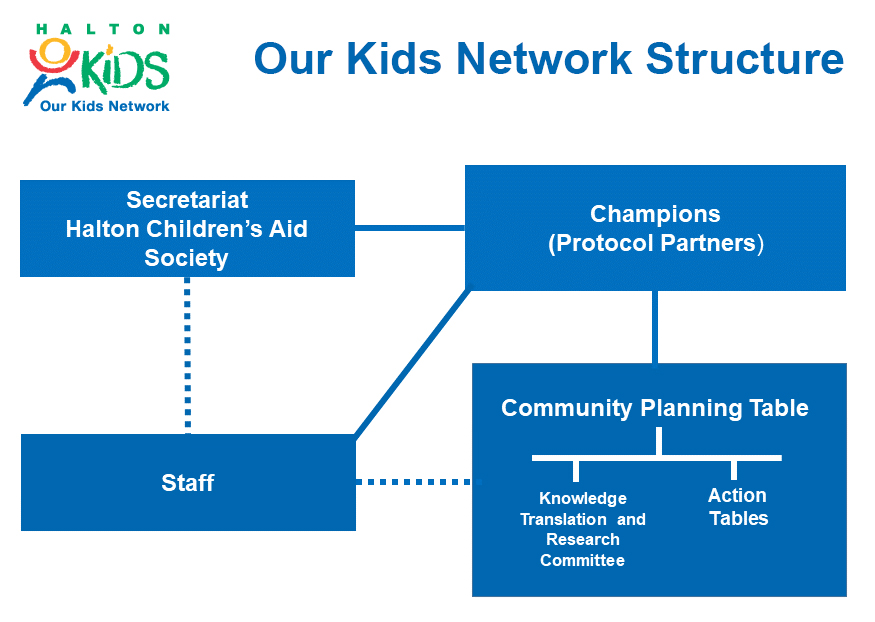By Siobhan Laverdiere, Halton Youth Initiative Coordinator, and Lily Viggiano, Youth Asset-Builder
The Halton Youth Initiative (HYI) completed its second year at the end of 2020. At this point, we wanted to share with Our Kids Network and the Halton professional community, the valuable knowledge and insight that we, and our colleagues and community partners, have gained. Practical resources, programming ideas, and approaches to engaging youth can all be found on the HYI website. And as HYI leaders, we’re both available for consultations regarding youth programming and engagement. Contact us at siobhan@ourkidsnetwork.ca or lily@ourkidsnetwork.ca.
As HYI begins its third year, we look forward to even more community connections and partnerships that will play a role in sustaining this important work in the future.
Siobhan and Lily
Youth Voices Matter in North Oakville!
It all started with the slogan Youth Voices Matter in North Oakville! The idea was to elevate youth voice and empower youth to have a positive impact in the neighbourhood of North Oakville.
Since 2017 those youth voices have grown louder and louder to include the Acton, Aldershot and Milton neighbourhoods. Today our 94 (and growing) youth volunteers’ thoughts, opinions, ideas and creativity can be found on the HYI website and across social media channels, HYI blogs, podcasts, YouTube , and associated Instagram pages such as @miltonactionteam @youthaldershot @sevensomebodies @northoakYDC.
Website as a Forum for Youth and a Resource for Professionals
The HYI website is packed with information about the activities of HYI over the past 2 years. It includes so many stories that reveal what youth learned and felt as they expressed their views about tough topics such as mental health, Developmental Relationships, and Indigenous Truth and Reconciliation in blogs and podcasts.
Professionals who work with youth will find the HYI website useful for information on program planning, ideas on youth engagement and leadership, as a practical community development model, and much more.
Info & Links resources on mental health and developmental assets, description of the adult ally role and the 2018 results of the Youth Voices Matter in North Oakville survey
Events archived database of community and youth events from 2017 to present.
Youth Council information descriptions of each of the four youth councils prior to transitioning to virtual teams post-COVID
Subscribe to our e-newsletter to receive special resources and information.
Put Developmental Relationships at the Centre of your Work with Youth
HYI’s success with youth engagement is founded on the five elements of the Developmental Relationships (DR) framework: Expressing Care; Challenging Growth; Providing Support; Sharing Power; and Expanding Possibilities. When we center our work on relationships, all the rest seems to fall into place.
As you explore the website, we encourage you to view it through the lens of DR and consider the positive effects of youth working with adults (while the adults demonstrate one or more of the five elements of the DR framework). We believe this approach has made a significant difference in the motivation and enthusiasm of HYI young people to become actively involved in their community (currently virtually). Some even take on leadership roles. If you haven’t already, consider putting Developmental Relationships at the centre of your organization’s work.
“At the Halton Youth Initiative, we are avid participants who empathize and advocate for the empowerment of ourselves as youth and for others in the community. We are inspired by the voices we are bringing to youth around Halton and the happiness we can bring into people’s lives.”
Angela, HYI youth volunteer
Partner Support is the Key to Engaging Youth in the Community
Welcoming caring community partners into the work of HYI has also been pivotal to our success. These agencies and organizations are stakeholders in the community who want to be involved with HYI other than as adult allies. We hope to welcome even more exceptional partners in the future.
Community partners provide support to HYI youth councils by:
- building connections between the youth council and their organizations (generating awareness about the youth council and related activities, advocating for youth mentorship opportunities, and increasing youth Developmental Assets).
- promoting the initiative in the community.
- encouraging and welcoming youth in the community.
- participating on subcommittees or workgroups.
- providing in-kind resources.
- attending meetings as a guest occasionally, as invited by youth members.
The Halton Youth Initiative partners below have made a world of difference to the youth members over the past 2 years. Thank you!
Special thanks to Pat Howell-Blackmore of PHBSpark Consulting, and Josh Taylor-Detlor, Indigenous Environmental & Youth Engagement Consultant, for their dedication and ongoing support.
Footnote:
Our Kids Network provides management and administrative services to the Halton Youth Initiative which is funded by the Ontario Trillium Foundation.
